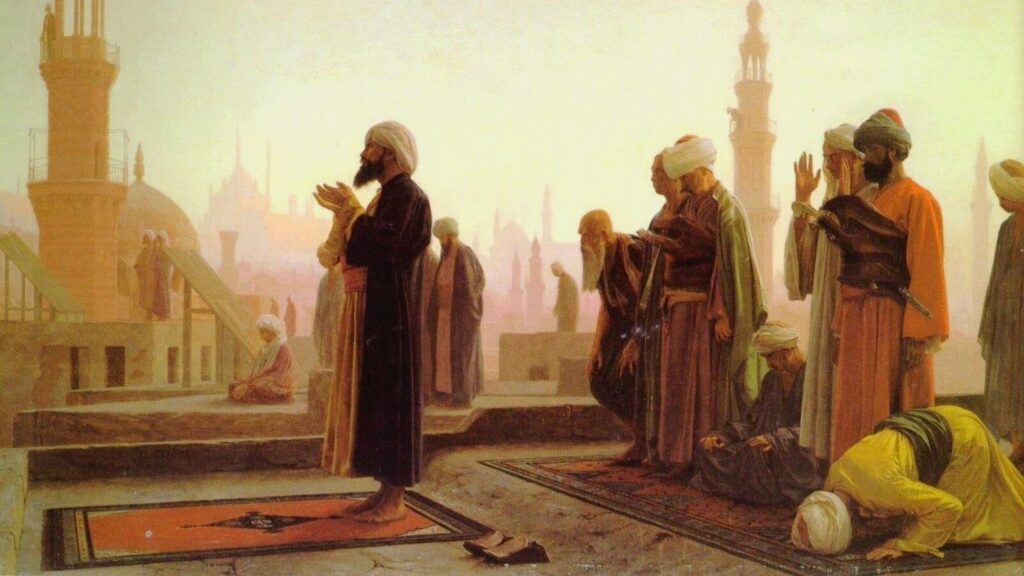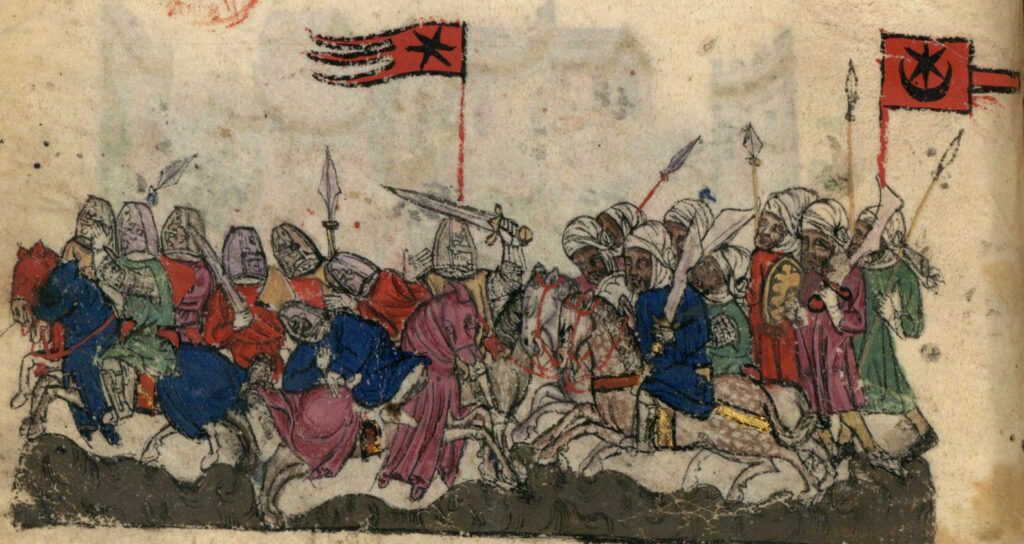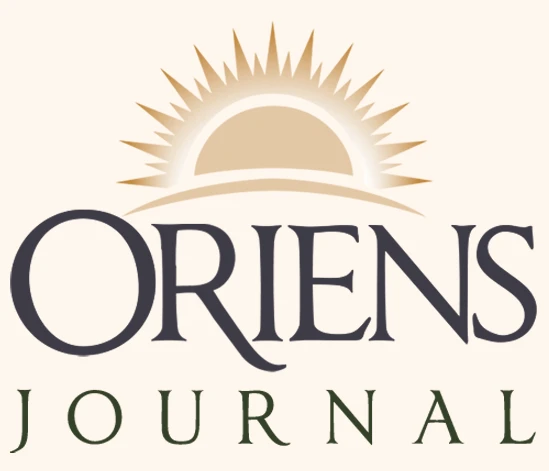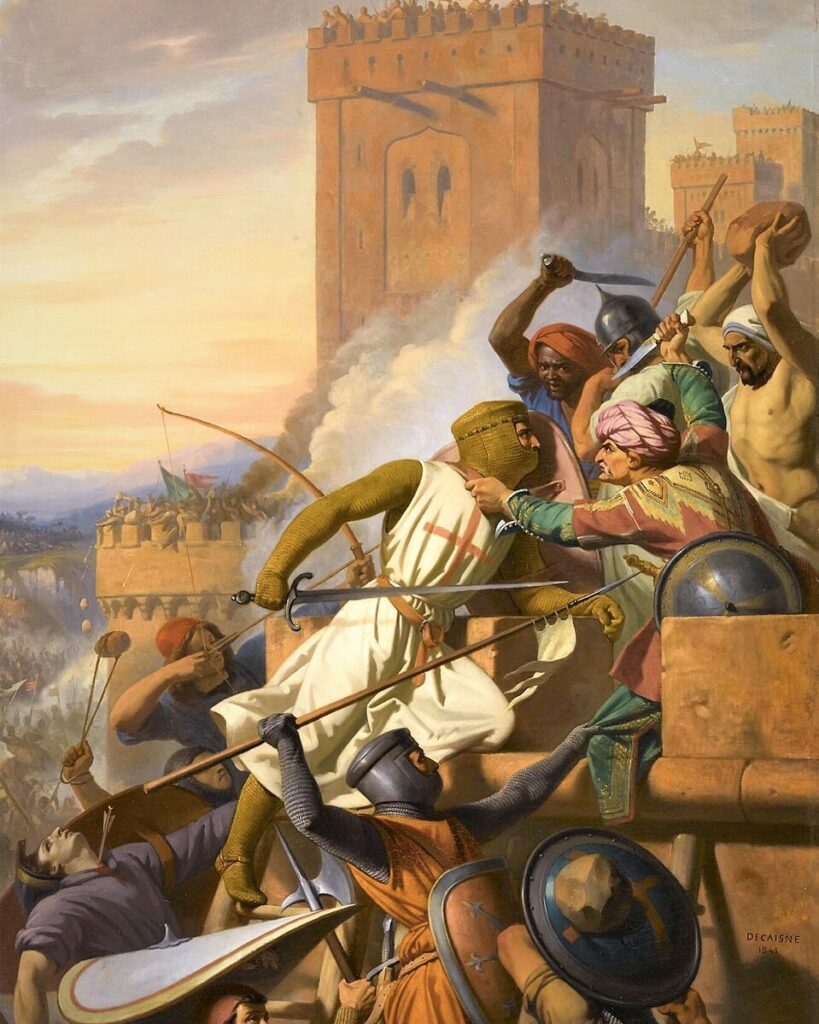by Fr Paul Stenhouse MSC (Originally appeared in Annals Australasia, March 2007)
Non-Muslims are perplexed by many Western TV productions and radio interviews that treat of Islam. Such programmes usually include segments of melodious Qur’anic chants, accompanied by images of smiling young people, and references to Islam as a merciful and peaceful religion – despite innumerable world-wide and continuing instances of barbarism, cruelty and mercilessness. The Islamist suicide-bombers, kidnappers and murderers carry out their deadly campaigns against non-Muslims and their fellow-Muslims while holding aloft copies of the Qur’an, and shouting verses from it to justify their alleged fidelity to its tenets. Tony Blair, echoing the constant politically-correct refrain of most Western leaders, recently described such Islamists as following a “distorted” view of Orthodox Islam.
How distorted is this view of the Islamists? The concepts of Forgiveness and Mercy are kept to the forefront of Islamic consciousness by the repetition of the familiar mantra Bismillahi r-Rahmani r-Rahim, “In the Name of Allah the Merciful and the Compassionate”, at the beginning of all correspondence, all public and private functions and especially all prayer. Known as the Bismala, this formula occurs 114 times in the Qur’an at the beginning of every Sura except the ninth.
The nature of the invocation and the form it takes is modelled on and reminiscent of the Catholic practice of making the sign of the Cross. Tertullian,[1] Minucius Felix,[2] St Ambrose,[3] St Augustine,[4] St John Chrysostom[5] et alii hundreds of years before Islam arose, remind Christians that from the moment of rising until they retire at night everything they do should be done “In the Name of the Father, the Son and the Holy Spirit.”

Ambiguities and Contradictions
To understand what follows – which is mainly concerned with what Islam teaches about mercy and forgiveness, and not just what the spin-doctors would have us believe Islam teaches – one must appreciate the degree of equivocation not to say confusion that exists in the Qur’an and the Islamic Tradition (Sunna). Ambiguities, anachronisms and contradictions abound.
When Islamists say that the Qur’an reveals a merciful God they are telling the truth; one of Allah’s names is “Merciful” (Sura 17,110). But Allah can also be merciless (Sura 4,48). They also speak the truth when they say, for example, that Muslims and non-Muslims have equal rights in Islamic countries. But the truth is not what it seems.
Allah is merciful and compassionate, and Muslims believe that he is “the most merciful of those who show mercy” (Suras: 7,151; 12,64; 21,83; etc). But, according to the Qur’an, God’s mercy is not bestowed upon all his creatures indiscriminately. Not everyone, according to Islamic teaching, is worthy of his mercy.[6]
The rub is that, according to the Qur’an, Allah loves only Muslims, he does not love the unbelievers and unrighteous (Suras: 2,276; 3,32, 57,140; 4,107). He is the “enemy” of the unbelievers (Sura 2,98). He does not extend mercy towards infidels, and even forbids Muslims to pray for them or to ask pardon for them (Sura 9,84,113-114).
Allah’s mercy is reserved for Muslims – it doesn’t extend to those who refuse to accept the “da’wa” or “invitation to submit to Allah as Muslims.” God will not forgive those who reject faith (Suras: 4,168; 9,80; 63,5-6) and who persist in doing evil (Sura 4,18). He shows no mercy to those who worship any god but himself (Sura 4,48, 116). Muslims are to be “hard of heart” towards unbelievers, but “merciful” towards one another (Sura 48,29; 16,88). God will not accept death-bed repentance (Suras: 4,18; 6,158; 23,63-67, 99-101; 38,3; etc etc). Nor will he accept angelic or human intercession (Suras: 2,123; 3,192; 4,109; 10,27; 39,54; etc).

Doctrine of Fate
All this has to be filtered through the Islamic and Qur’anic doctrine of predestination and fate (Suras: 15,4-5; 16,35; 18,57-58; etc). And also God’s alleged fostering a predisposition to evil among sinners (Sura 2,7,10,15) and the fact that, according to the Qur’an, God is not impartial, he favours (and, implicitly, forgives) whomever he chooses to favour and forgive (Suras: 2,105, 4,48-49; 6,83-88; 10,107; 33,17; etc).
Muddying the water for Christians and Jews who may be inclined to think that Islamic Law considers them to be acceptable objects of God’s mercy, is the widespread and ineradicable association in Islamic consciousness of the terms “mushrikun” (polytheists), “kafirun, kuffar” (infidels, unbelievers), with Christians and Jews – despite the Meccan Suras that allegedly bestow privileged status on the “People of the Book”. This is because the few verses favourable to Christians and Jews in the Qur’an (much quoted by Islamist sympathisers and beguiled Western commentators) have been abrogated, annulled, by Sura 9,5, the so-called Verse of the Sword,[7] and other Suras like 2,216 and 47,4.
In fact, the Qur’an says, heaping insult upon insult, “God will destroy” the Christians who say the Messiah is God’s Son, and the Jews who worship Usair (Ezra?) as God’s Son (Sura 9,30).
Islamic literature is full of bellicose terms like these, especially when describing Jihads.[8] It has persisted down to today – with consequences like September 11, 2001, and continuing radical Islamist terror against the much-mocked “People of the Book,” on the grounds of their alleged faithlessness and polytheism. There is an all-out war declared on “unbelievers”, (Suras: 2,216; 8,39; 47,4) and this term includes Christians and Jews (Sura 9,29).
Of course there are Equal Rights in Islamic countries for all the citizens: Muslims are equal with other Muslims; and Christians are equal with other Christians, but Muslims and Christians are not equal. That is impossible, because God hates infidels, and he is their “enemy” (Sura 2,98).
In practice, however, Qur’anic looseness of phraseology and ambiguity exposes Muslims to inequality even amongst themselves. Such equality as exists depends on the race, colour, sect, tribe, wealth and language of the Muslims in question. Hence the lack of mercy and forgiveness shown to fellow Muslims in the continuing Iraqi so-called insurgency in which Sunni murder Shi’a (and vice-versa) and Arabs murder Persians, apparently without a qualm. In Darfur, Arab Muslims murder their poorer black African coreligionists mercilessly.
To comprehend this “anomaly”, non-Muslims must realise that even in the time of the greatest of the Islamic intellectuals,[9] Islamic Law (Shari’a) whose foundation is the Qur’an, and whose ostensible purpose is to direct the body politic and regulate every aspect of the life of believers, was clearly not doing so.
This has been noted recently by a commentator on the killing-fields of the Sudan: “The pure Islamist theory of transcendental struggle and divinely sanctioned violence to achieve the Kingdom of God is theoretically bankrupt, and politically impossible.”[10] All the more so, because, despite its rhetoric, the Qur’an leaves no room for a God who genuinely has mercy and compassion for his creation.
Non-Muslims take no satisfaction in pointing out these flaws inherent in the Qur’an, which many good people take to be God’s word and use as the touchstone for their conduct and beliefs. But unhappy experience from the time of Muhammad’s many bloody raids on his non-Muslim neighbours to the time of writing, has shown that to ignore these flaws, as many Westerners prominent in politics and the media seem to ignore them, will inevitably have fatal consequences for those who do so.
About the Author
Father Paul Stenhouse MSC (9 December 1935 – 19 November 2019) was an Australian priest of the Missionaries of the Sacred Heart, renowned as a scholar, editor and communicator of the Catholic faith. Born in Casino, NSW, he was ordained in 1963 and went on to earn a PhD in Semitic studies—becoming fluent in multiple languages and specialising in Samaritan and Arabic manuscripts. He served as editor of the influential journal Annals Australasia for over five decades, shaping Catholic intellectual life in Australia and internationally. Winner of a posthumous Order of Australia Medal in 2021, he is remembered for combining deep learning with pastoral charity, and for his enduring commitment to truth, dialogue and service.
Notes
[1] De Cor Mil. c.iii.
[2] See Justin Martyr, Apol. 2
[3] Sermones, 43, 56.
[4] Serm.53, “De Verbo Dei”.
[5] Contra Judaeos et Gentiles quod Christus sit Deus; Hom. 50 “In S. Matthaeum”; etc.
[6] For this, and for much of the following comment on the Qur’anic suras, see two articles by Daniel C. Petersen: “Mercy”, Encyclopaedia of the Qur’an, vol 3, Brill, 2003, pp.277-280; and “Forgiveness”, op.cit., vol 2, pp.244-245.
[7] See also verse 29.
[8] See Furuk al-Habasha, The Conquest of Abyssinia [Sixteenth Century] by Shihab ad-Din Ahmad bin ’Abd al-Qader bin Salem bin ’Uthman, translated by Paul Stenhouse, Tsehai Press, California, 2003, passim.
[9] Muhammad al-Chazali (died 1111AD).
[10] Islamism and its Enemies in the Horn of Africa, Alex de Wohl ed., Shama Books, Addis Ababa 2004, p.22.

